Music Feature
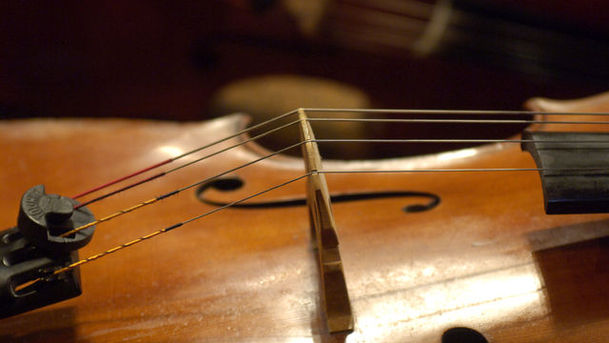
Programmes exploring music and music-related subjects

Music Feature - 05/05/2007
Judith Kampfner follows the story of musicians Margaret Leng Tan and James Graseck, who were sweethearts as students, parted after graduation and met again 30 years later.
Details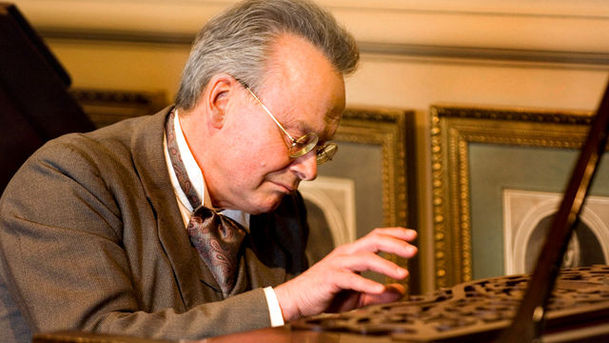
Music Feature - 24/11/2007
Pianist David Owen Norris follows Liszt on his record-breaking concert tours as a virtuoso pianist, where he gave a staggering 1,000 concerts over nine years.
Details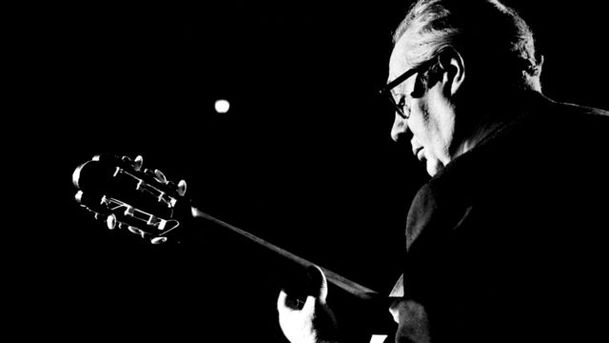
Music Feature - 25/07/2009
Novelist and guitar fan Louis de Bernieres and guitarist Craig Ogden visit the museum devoted to Spanish guitarist Andres Segovia to discover more about the man.
Details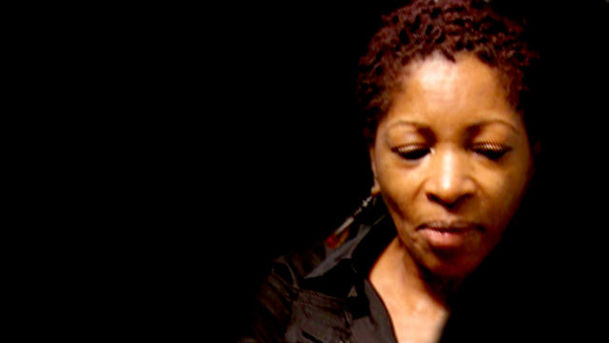
Music Feature - 27/10/2007
Bonnie Greer re-traces the journey of The Fisk Singers, a 19th-century black choir in Britain, and examines why their songs of freedom resonated with British audiences.
Details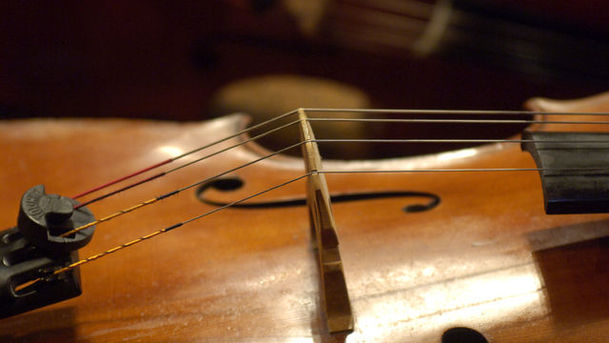
Music Feature - 29/11/2008
Nigel Simeone visits Paris to tell the story of classical music activity in the city under Nazi occupation, talking to historians, musicologists and musicians.
Details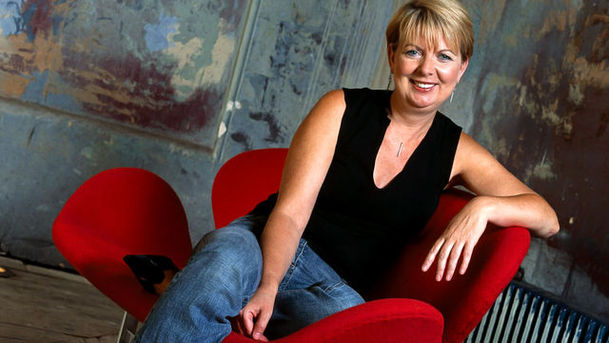
Music Feature - A Guide to Accomplishment
Looking at the novels of Jane Austen, Fiona Talkington and Jeanice Brooks of Southampton University present an insight into the world of the amateur musician in the 18th century.
Details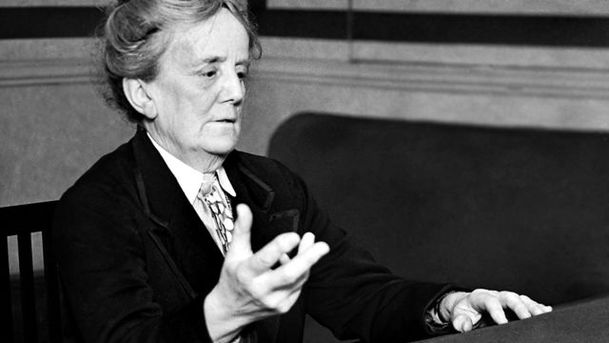
Music Feature - A Portrait of Ethel Smyth
Peggy Reynolds looks at the life and career of composer Ethel Smyth. With excerpts from her Mass in D and her songs, plus readings from her memoirs.
Details
Music Feature - Charles Valentin Alkan
Piers Lane explores the mysterious life and music of French pianist and composer Charles Valentin Alkan, who was a friend and neighbour of Chopin.
Details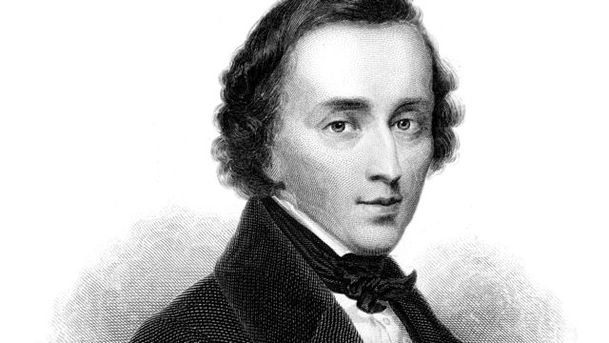
Music Feature - Chopin's Scottish Swansong
Writers Janice Galloway and Iwo Zaluski follow in the footsteps of Frederic Chopin who, in 1848, visited Scotland on what was to be his final tour.
Details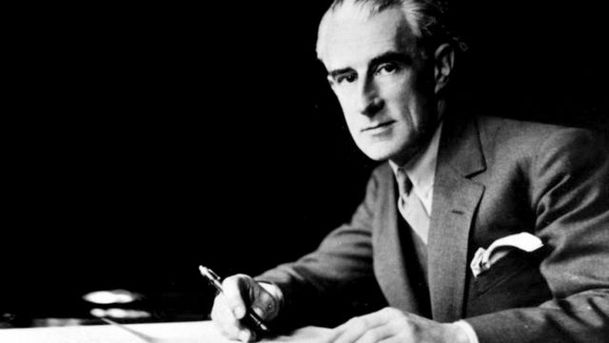
Music Feature - Dancing the Apocalypse
Tom Service delves into Ravel's La valse, considered to be one of the most original and enigmatic works in all music, and seen by some as foreshadowing the Second World War.
Details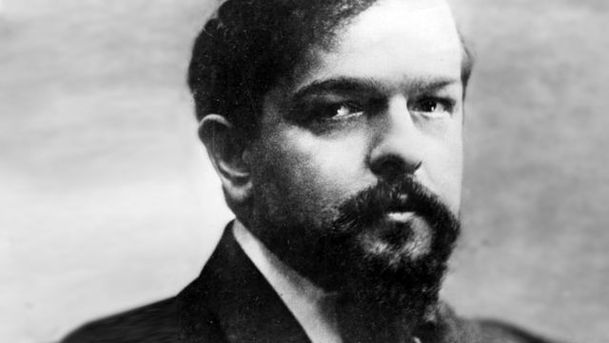
Music Feature - Debussy's Summer of 1912
Lowri Blake presents a programme about Debussy's work during the summer of 1912, talking to pianists Roy Howat, Peter Hill and Alasdair Beatson, plus musicologist Robert Orledge.
Details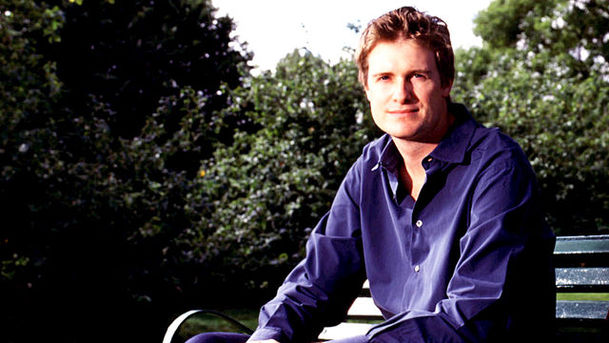
Music Feature - Dialogues of Sorrow
Dialogues of Sorrow: Tristram Hunt explores the outpouring of music and cultural responses to the death in 1612 of Henry Stuart, Prince of Wales, eldest son of King James I.
Details
Music Feature - EBU Christmas Around Europe
Andrew McGregor presents live Christmas concerts from radio stations in Europe. The afternoon starts off in Romania, followed by visits to Finland, Estonia and Belgium.
Details
Music Feature - EBU Christmas Around Europe
Andrew McGregor concludes the evening of live Christmas concerts from radio stations in Europe and Canada with visits to Germany, Portugal and Canada.
Details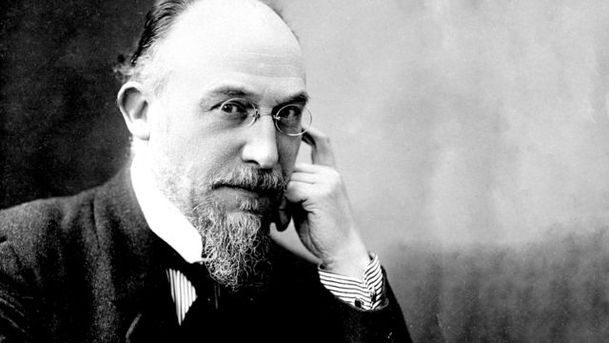
Music Feature - Erik Satie Walks to Work
Sarah Walker retraces the journey Satie made each day across Paris in order to earn a living playing cabaret music. She learns how it influenced his music.
Details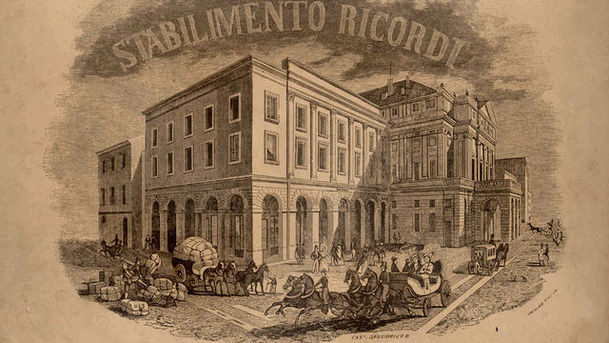
Music Feature - Giovanni's House
Martin Handley explores the importance of Italian music publisher Casa Ricordi. With contributions from Simonetta Puccini and Ricordi family members.
Details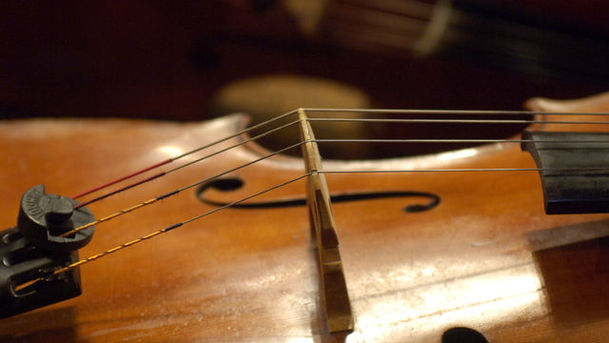
Music Feature - Hidden Composers
Lowri Blake discusses the revival of the music of Louise Heritte-Viardot and Mel Bonis, two French women composers who fought against the prejudice and pressures of their time.
Details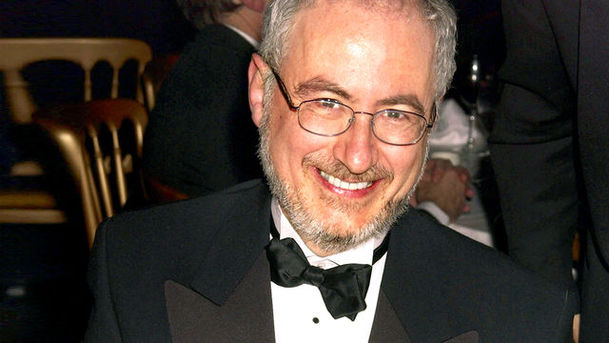
Music Feature - Is This a Record?
Norman Lebrecht looks at a few of the more ill-advised classical recordings and discusses them with some of the leading record producers of the past 40 years.
Details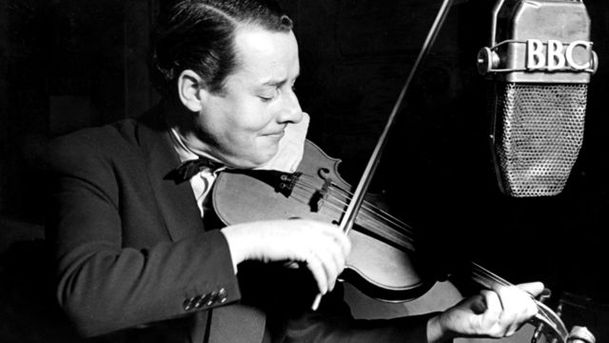
Music Feature - Kennedy on Grapelli
On the tenth anniversary of the death of the great improvising violinist Stephane Grappelli, Nigel Kennedy pays tribute to this iconic figure, in conversation with Geoffrey Smith.
Details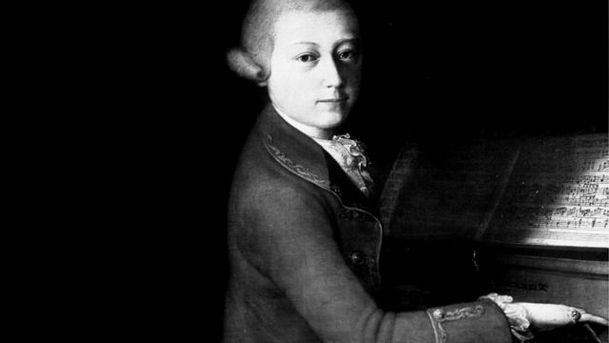
Music Feature - Lessons with Mozart
Jeremy Summerly eavesdrops on Thomas Attwood's composition lessons with Mozart, using surviving manuscripts which provide a unique glimpse of the great composer.
Details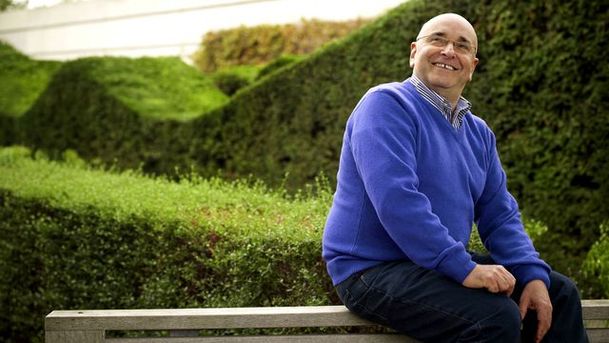
Music Feature - Ode to Whitman
Rob Cowan explores the attraction of composers to the poetry of Walt Whitman, which has inspired many musical works by figures such as Vaughan Williams, Delius, Bernstein and Ives.
Details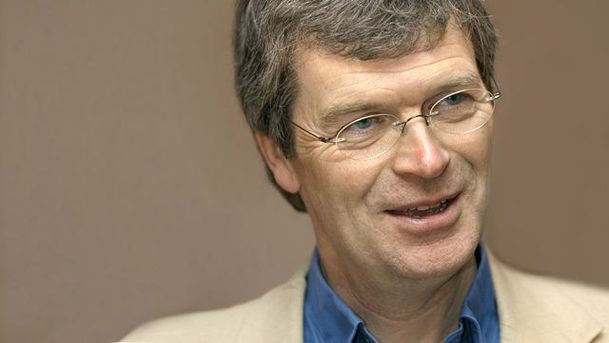
Music Feature - Purcell and Dryden - A Professional Friendship
Alyn Shipton explores Dryden and Purcell's collaboration on the semi-opera King Arthur, bringing to life the world of Restoration theatre.
Details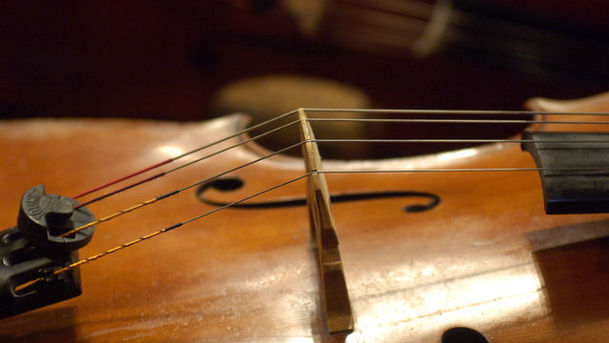
Music Feature - Reviving Robin
In a documentary which contains previously unbroadcast musical material, pianist Kathryn Stott tells the story of how Michael Tippett's ballad opera Robin Hood came to be written.
Details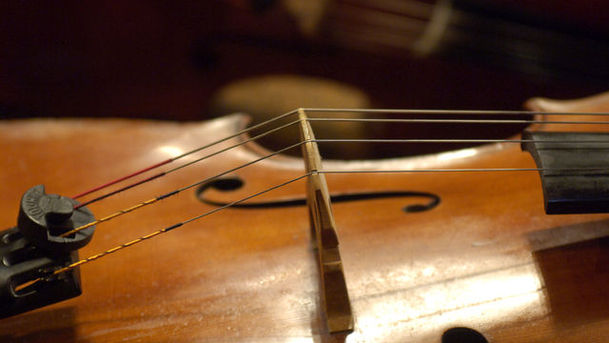
Music Feature - Rolls, Records and the Return of Myra Hess
...of Myra Hess. Christopher Cook tells the story of the player-piano industry and explains how the instruments found their way from bars and brothels to the homes of high society.
Details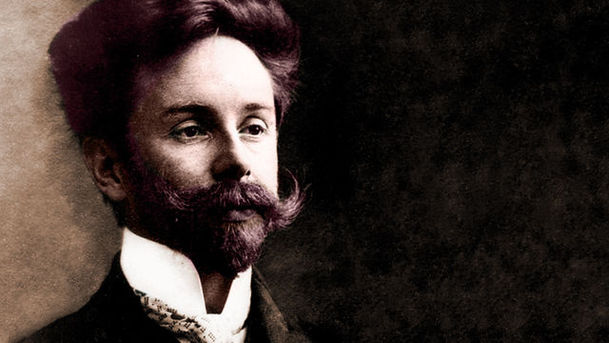
Music Feature - Scriabin - A Life in Colour
Peggy Reynolds explores the life and music of Russian composer, pianist, mystic and philosopher Alexander Scriabin. Contributions from Gerard McBurney and Vladimir Ashkenazy.
Details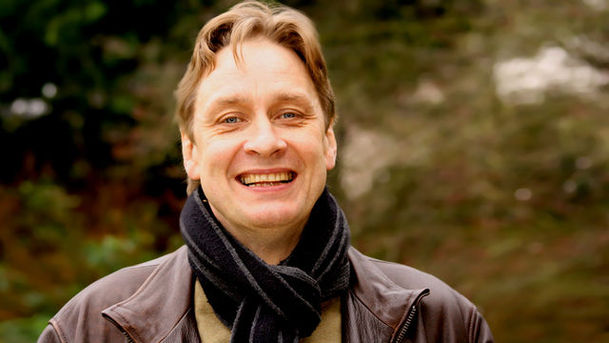
Music Feature - Sir Henry's Hoard
Using Proms founder Henry Wood's collection of concert programmes at the British Library, Stephen Johnson builds a picture of concert-going life around 1900.
Details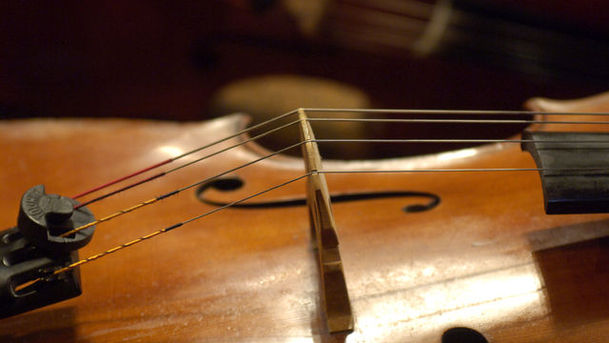
Music Feature - String Theory
International violinist Daniel Hope examines the mysteries of the violin, tracing the evolution and history of an instrument thought at one time to be able to steal men's souls.
Details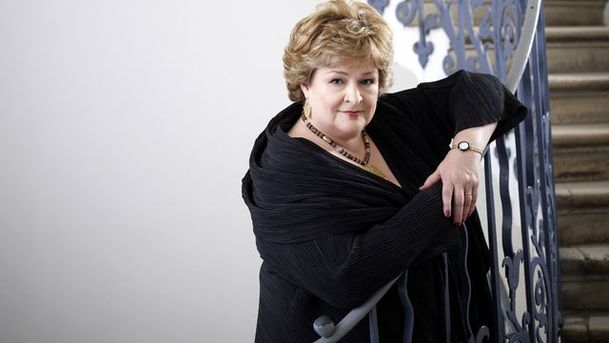
Music Feature - The Arch-Musician
Catherine Bott uncovers the story of Nicola Vicentino, an composer born 500 years ago who shocked and amazed people with his radical microtonal music.
Details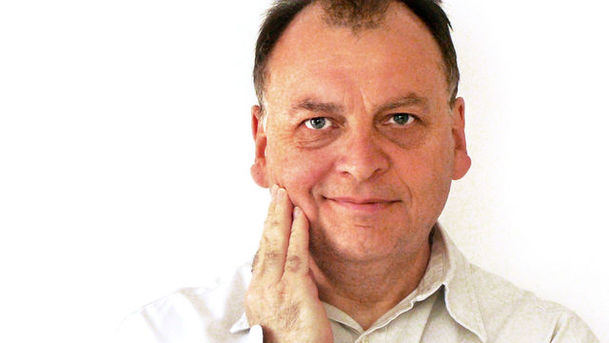
Music Feature - The Art of Noises
Robert Worby examines the least-documented aspect of the Futurist art movement - the Art of Noises, asking why it continues to resonate for many musicians and artists today.
Details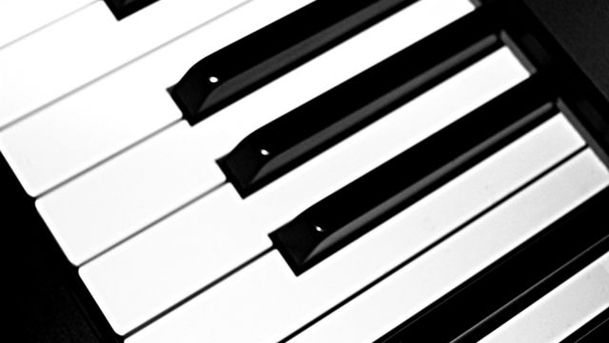
Music Feature - The Daffodil Maiden
Anne Sebba tells the story of celebrated concert pianist and mistress of Arnold Bax, Harriet Cohen, considered to be one of the most intriguing musical figures of the 20th century.
Details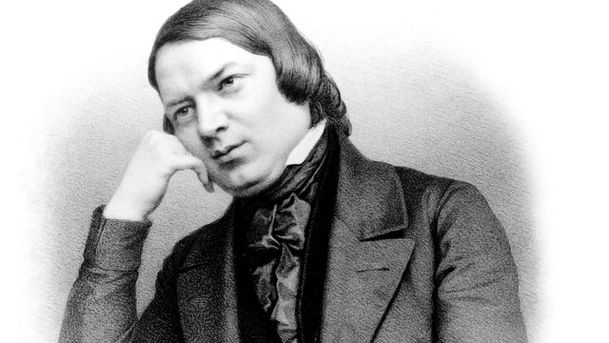
Music Feature - The Fantastical World of Robert Schumann
Lucy Parham discovers how literature inspired Schumann to write some of his celebrated piano cycles - Papillons, Carnaval, Fantasiestucke and Kreisleriana.
Details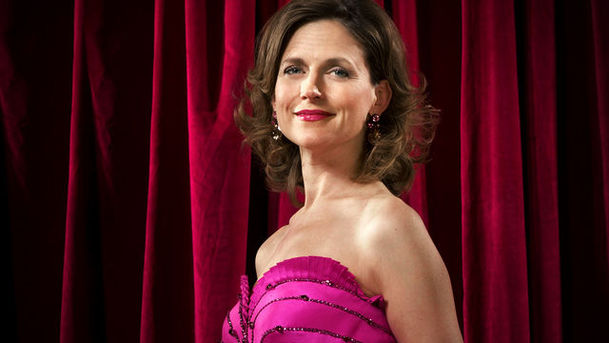
Music Feature - The Kreutzer Sonata
Katie Derham considers the relationship between Leo Tolstoy and the Russian composers of the early 20th century. Music was an inspiration to him for much of his life.
Details
Music Feature - The Lyrita Story
Lewis Foreman talks to Richard Itter, creator of the Lyrita record label which was famous for its pioneering recordings of British music.
Details
Music Feature - The Wonder of Wunderlich
Tom Robinson tells the story of German singer Fritz Wunderlich, from his humble origins in Freiburg to his premature death at the age of 35 in 1966.
Details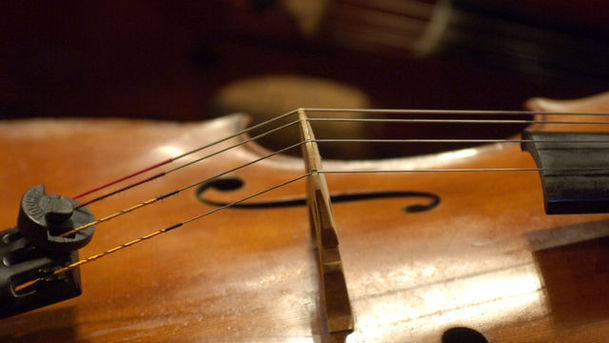
Music Feature - Theodorakis - Greece's Musical Revolutionary
Miranda Hinkley looks back on the 60-year career of Greek composer Mikis Theodorakis, best known for the music for the film Zorba the Greek.
Details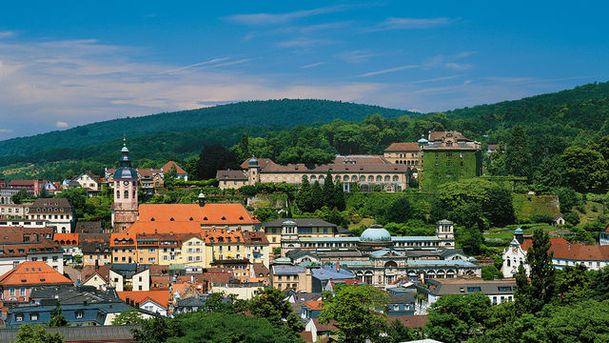
Music Feature - Water Music
Dr Ian Bradley travels to Baden in Austria and Baden Baden in Germany to discover the serious music these European spa towns inspired in the 18th and 19th centuries.
Details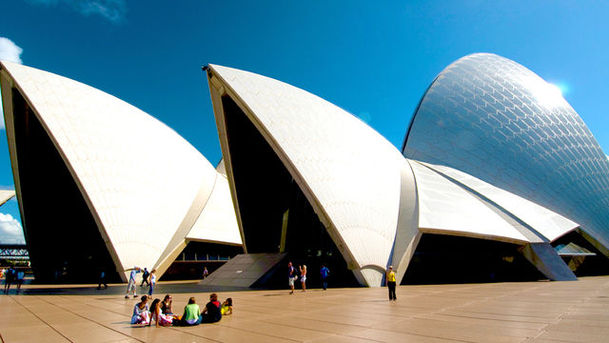
Music Feature - When the Opera Comes to Town
Susan Rutherford explores the history of opera outside London, from touring companies travelling around on their own steam trains, to the sad demise of star singer Maria Malibran.
Details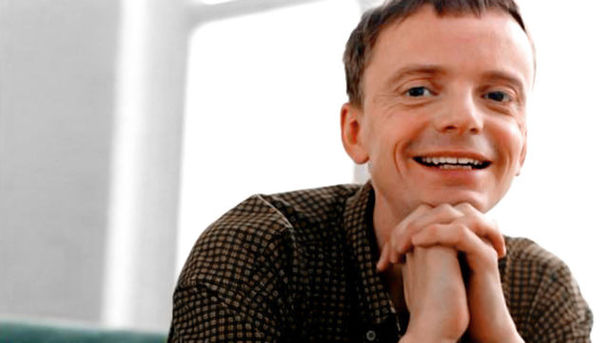
Music Feature - Who Was Carlos Kleiber?
Ivan Hewett explores the musical enigma of conductor Carlos Kleiber, talking to Placido Domingo. Celebrated as a genius, Kleiber gave few performances and never granted interviews.
Details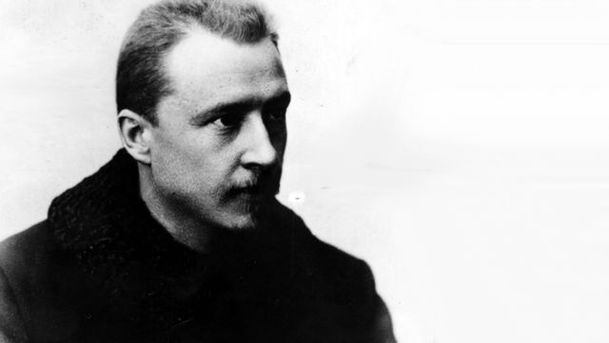
Music Feature - Who's Afraid of Hugo Wolf?
Iain Burnside traces the life and work of lieder writer Hugo Wolf. While his songs are considered humourless, dense and difficult, close listening may reveal a different verdict.
Details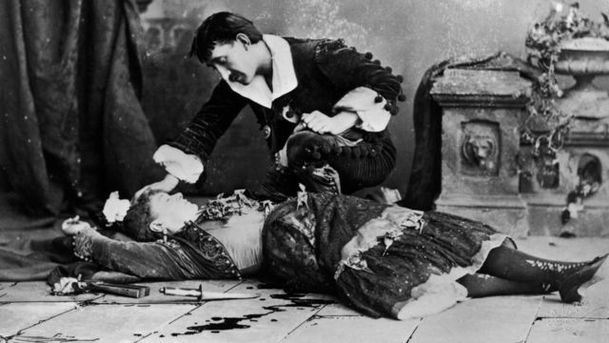
Music Feature - Why Do Women Die in Opera?
Journalist Martin Kettle considers why in the most popular tragic operas the sopranos, and occasionally the mezzos, meet a gruesome end.
Details